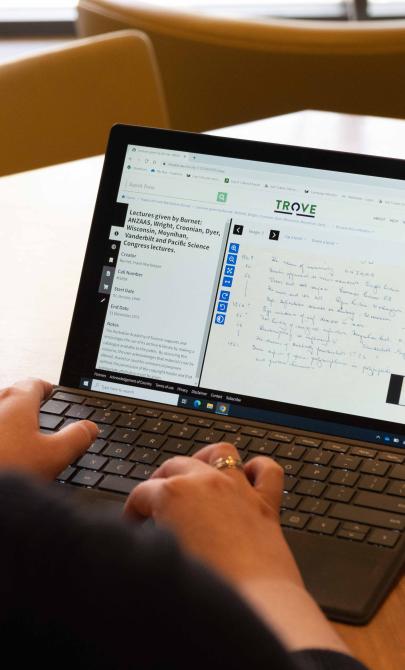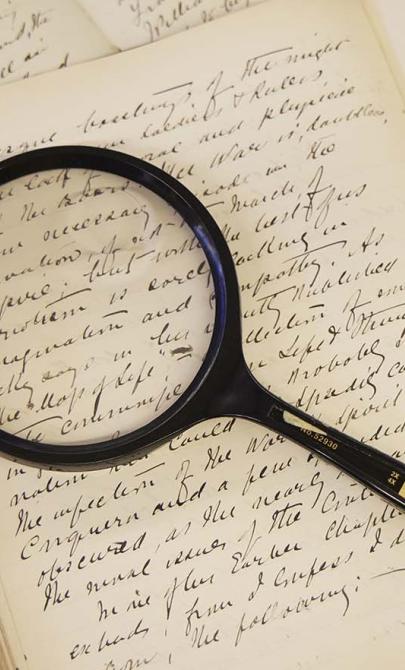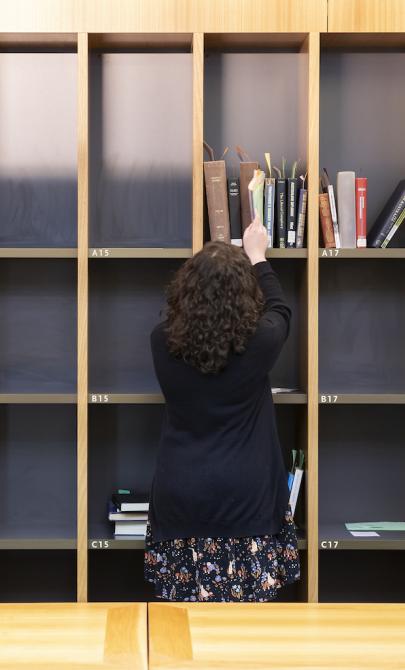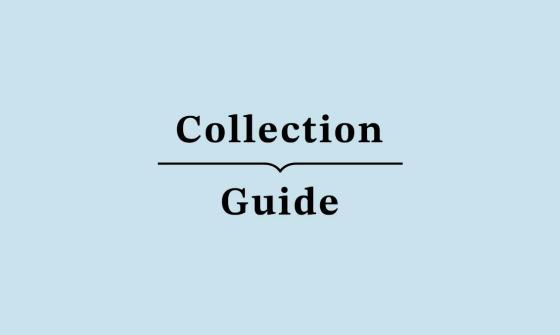Willis Collection
Key items in the collection
This collection hosts a range of formats, including:
The heart of the collection is oral history—interviews with people from all walks of life. Many recordings include songs, recitations and instrumental music, along with personal reflections.
Subjects include:
- Australian folk music
- Migrant and refugee stories
- Working life across regional and remote Australia
- Children's folklore and games
- Vaudeville, circus and market life
- Wartime experiences, including World War II and Vietnam
Occupations represented range from shearers and bush nurses to miners, teachers and lighthouse keepers.
Special projects:
Child migrants oral history project (TRC 4687)
Interviews with child migrants brought to Australia through schemes like Dr Barnardo’s and the Fairbridge Society.
Bringing them home oral history project (TRC 5000)
26 interviews recorded by Willis for the Bringing Them Home project
Supporting material includes interview notes, transcripts, and correspondence related to the oral history recordings.
Items such as flyers, song lyrics, and handwritten notes accompany many interviews, particularly those focused on music and community events.
About Robert Willis
Robert Willis (b. 1944) grew up in Forbes, New South Wales, where he has lived most of his life. He has worked in the sales and electronics trade and for many years owned and managed an electrical appliances business.
He became interested in folk music in 1975 when he was involved in a production of the musical Reedy River. He formed a band called Blackridge (the original name of Forbes) to perform Australian folk songs. A self-taught musician, Willis played the button accordion, guitar, mouth organ, tin whistle, banjo, concertina and also sang.
He realised that there were still many traditional performers in the Forbes area and started to record their music and stories in the late 1970s.
In 1983 Willis met John Meredith and accompanied him on several field trips until Meredith retired in 1994. Willis then began to travel further afield, leaving a manager to run his business. He gradually withdrew completely from the day-to-day running of the business and devoted more time to recording and interviewing in country towns and cities throughout Australia.
He has always been supported by his family, particularly his wife Olya, a teacher in Forbes. She has compiled the summaries of his interviews and where possible accompanied him as the sound technician on field trips. She has also taken many of the photographs that are part of the collection. Willis has also been accompanied on his travels by John Harpley, a fellow musician and folklorist.
Willis edited, with Graham Seal, Verandah Music: Roots of Australian Tradition (2003).
Background to the collection
The earliest recordings made by Willis were acquired by the Library from John Meredith. In 1993 the Library began receiving tapes from Willis himself and has continued to do so every year up to the present.
During this time, the Library has offered financial support and general guidance. However, Willis has independently identified the individuals and groups to record and has organised all his field trips.
The Rob Willis Collection is held in the Oral History Collection at a number of locations: TRC 2590, 2608, 3388, 4572, 4687, 4778, 5120, 5373 and 5484. All the recordings have been individually catalogued.
Willis has also supplied documentation of most of his recordings, including detailed summaries of the contents of interviews, photographs and biographical information, which is also housed in the Oral History Collection.




